I had arrived into Moscow with the ambition of eventually riding the Trans-Mongolian Railway east to Beijing, however I decided not to pre-arrange tickets with a booking agent as I believed I could get them much cheaper once in Moscow. Sure, it wasn’t easy as there is next to no English spoken in a Russian railway station, and I had no control over whether there would even be tickets left available, but after a nice couple of girls helped me check if they were available and buy them I was set to go. Sure enough I managed to get tickets for the four legs I wanted for approximately $500USD, much less than you’ll pay online outside of the country.
So the day arrived that I would leave Moscow and I was excited to start one of the world’s great train journeys across the biggest country in the world. No surprise to me though, I was running late with the very real chance of missing my first train and screwing the rest of the legs up. In my defense though, Natalie (who I was staying with) held us up as she was also packing for a train she had that evening! We’re quite similar in that and many regards. Thankfully though, due to that fantastic metro system, I got on board four or five minutes before we pulled away and I heard Natalie made her train too, but looking back on that experience we were made to cut it so fine!
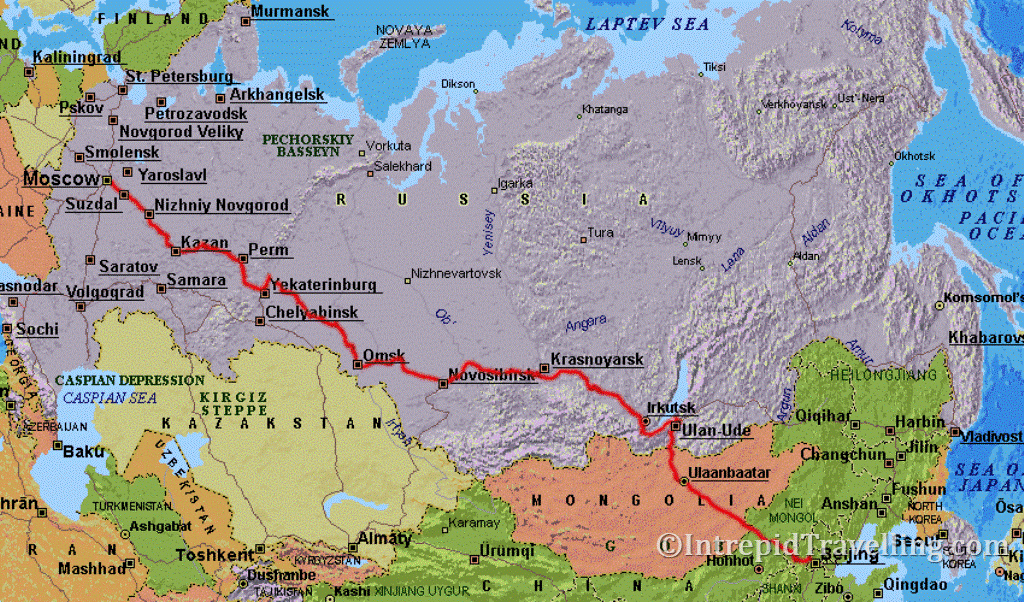
Once on board, I saw for the first time what 3rd class (PlatzKartny) looked like – 53 Russians (and me) in an open carriage, this would be interesting, but hey at least it was cheap! A few of them spoke some English, so some basic conversation was had. Despite their intimidating initial appearance, they warmed during the trip and the atmosphere was rather pleasant towards the end. No matter where you go when you travel you’ll meet curious friendly people, the great frustration is the communication barrier. I look forward to the day technology solves that.

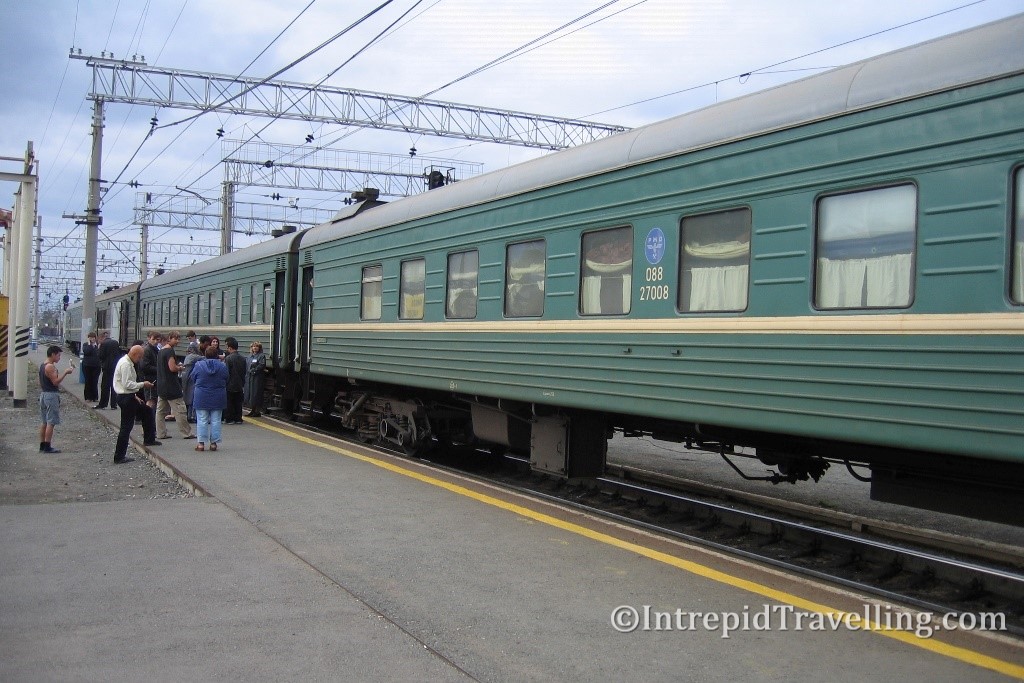
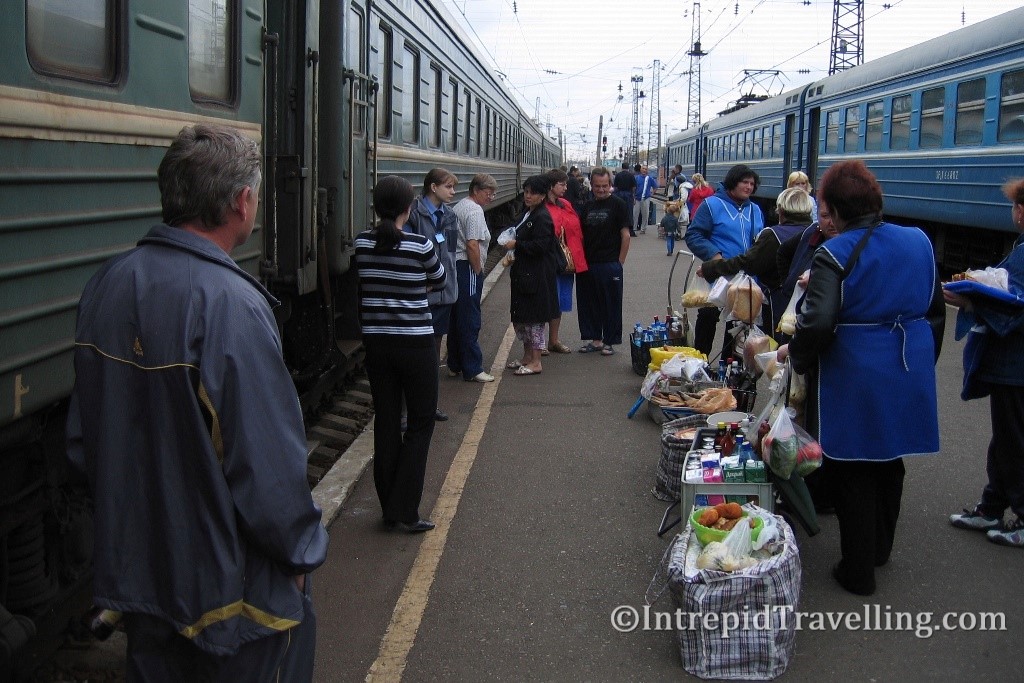
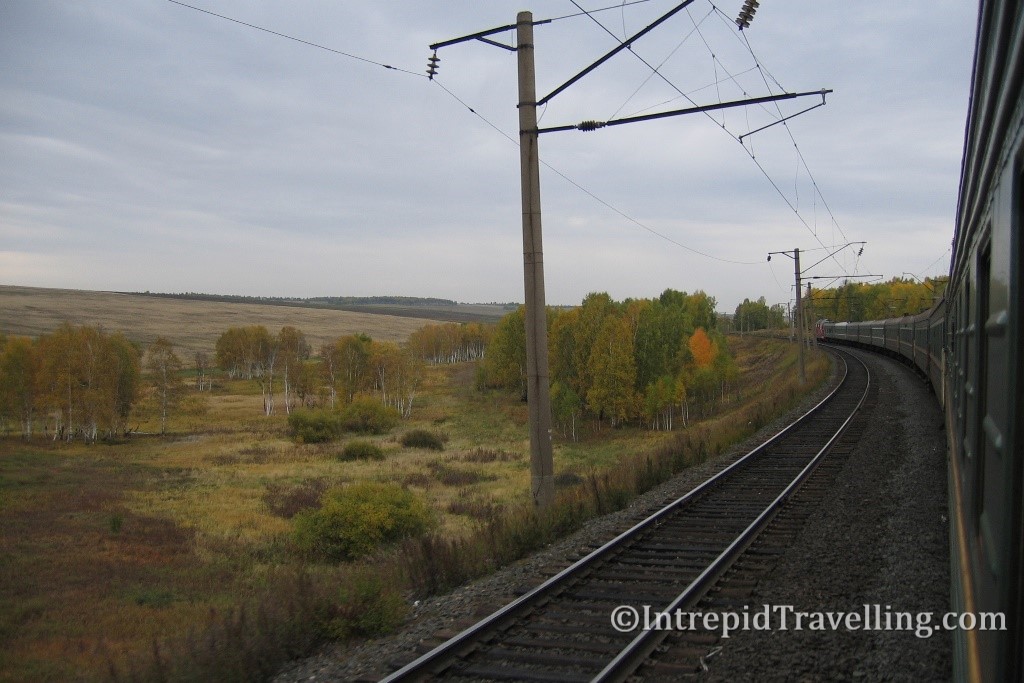
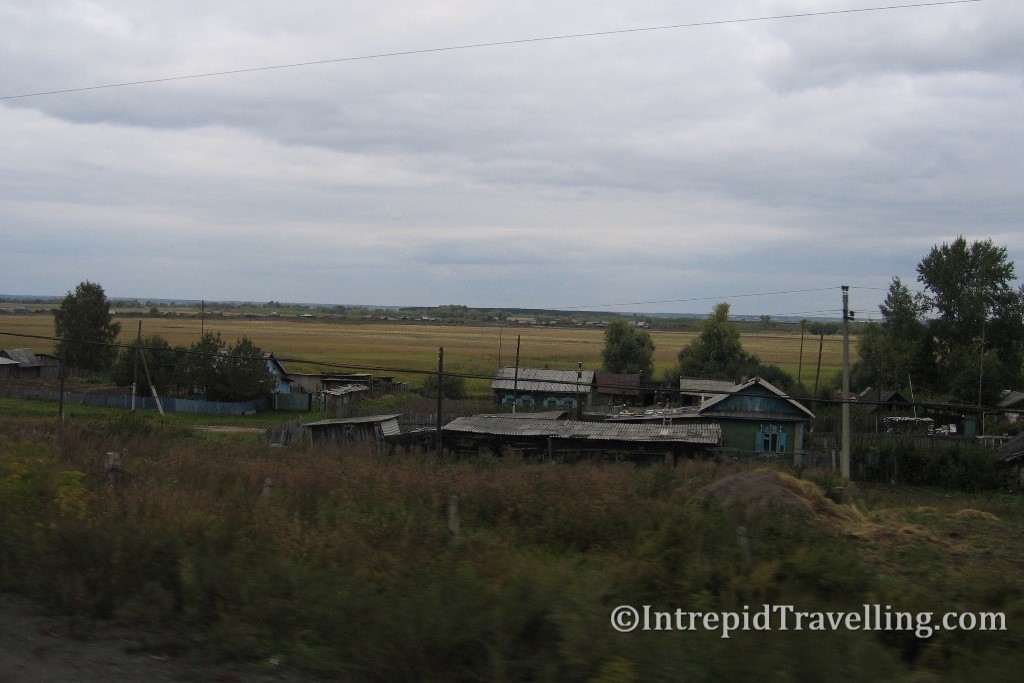
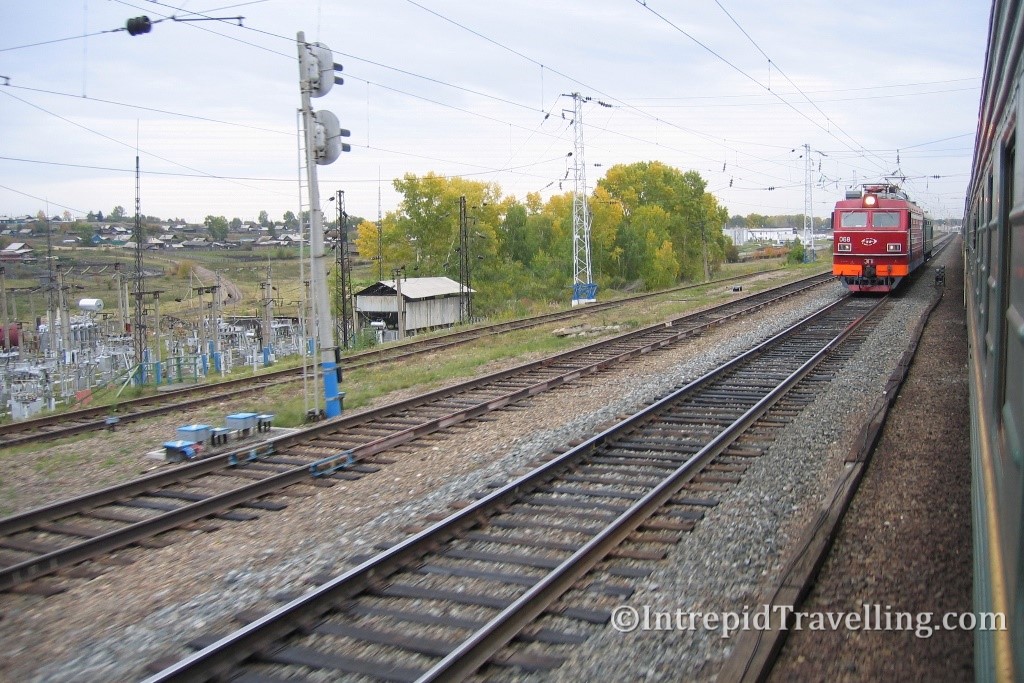
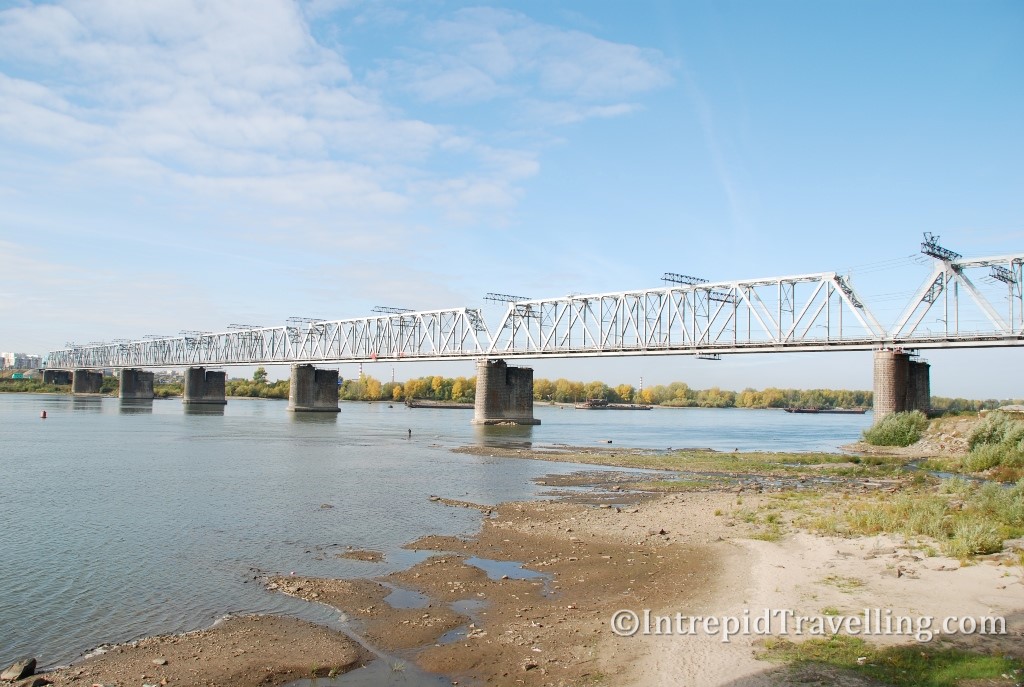
The first leg to Novosibirsk lasted 51 hours, and the scenery didn’t provide a lot of stimulation as it consisted predominantly of green Birch, which makes up some of the Russian Taiga. Dispersed between stretches of Taiga were many peasants and their villages (and the associated careless discarding of rubbish) that resembled shanty towns. Abandoned factories and industries also mark the route, decades past their hay days of the former USSR days. Russia was turning out to be far poorer than expected, especially considering the wealth you see and hear about that concentrated in Moscow. I would stop for a relatively uneventful overnight stop in Novosibirsk. There isn’t much to see there and I couldn’t even find a hostel so decided to bed down at the main train station which had an area for passengers only, but I wouldn’t recommend it, I felt rather on edge all night.
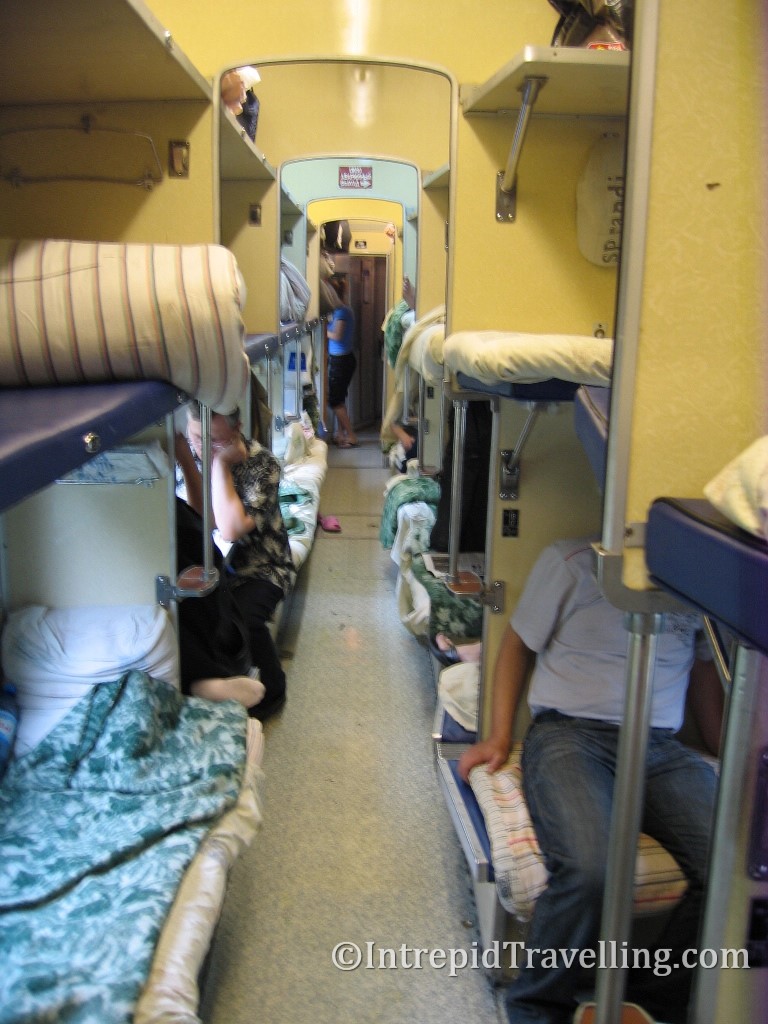
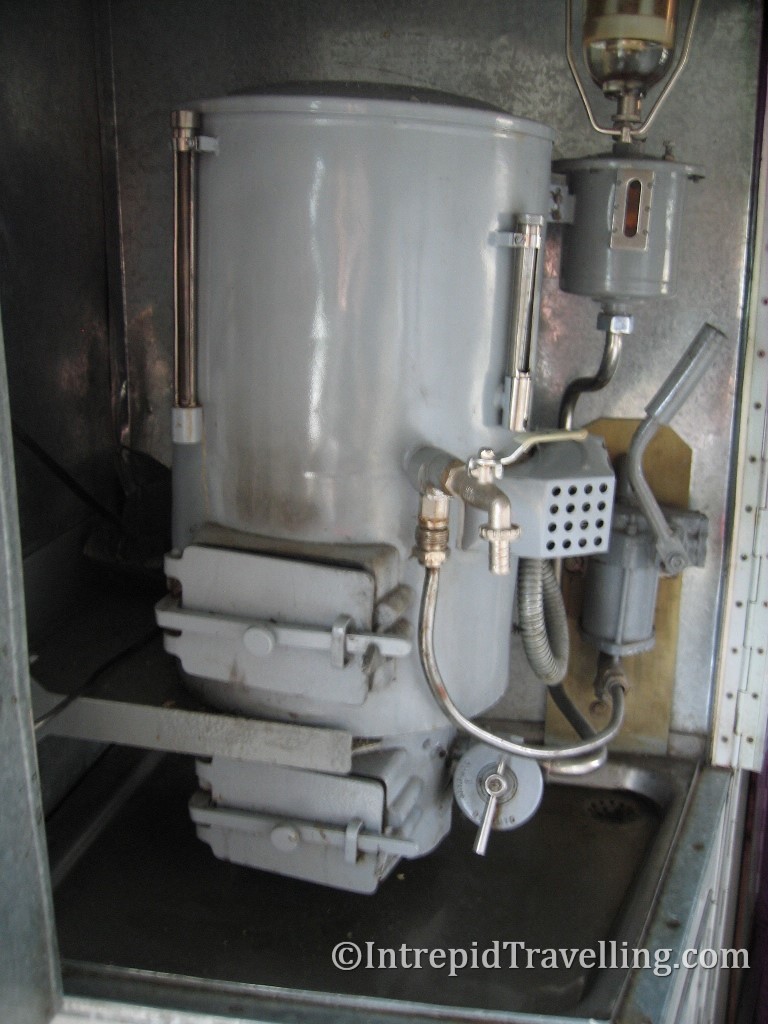
The second leg to Irkutsk was a more manageable 31 hours, also dominated by locals, except for a Finnish couple who I was finally able to have some real conversation with. They also spoke Russian so were able to help me with my next ticket purchase (those Scandinavians are mighty smart). We were either on the train so long that autumn was progressing outside, or, the further east we ventured autumn seemed to arrive earlier as the Taiga was distinctly different. We were, however, slowly covering thousands of kilometers so it shouldn’t be a surprise we’d be covering new environments.
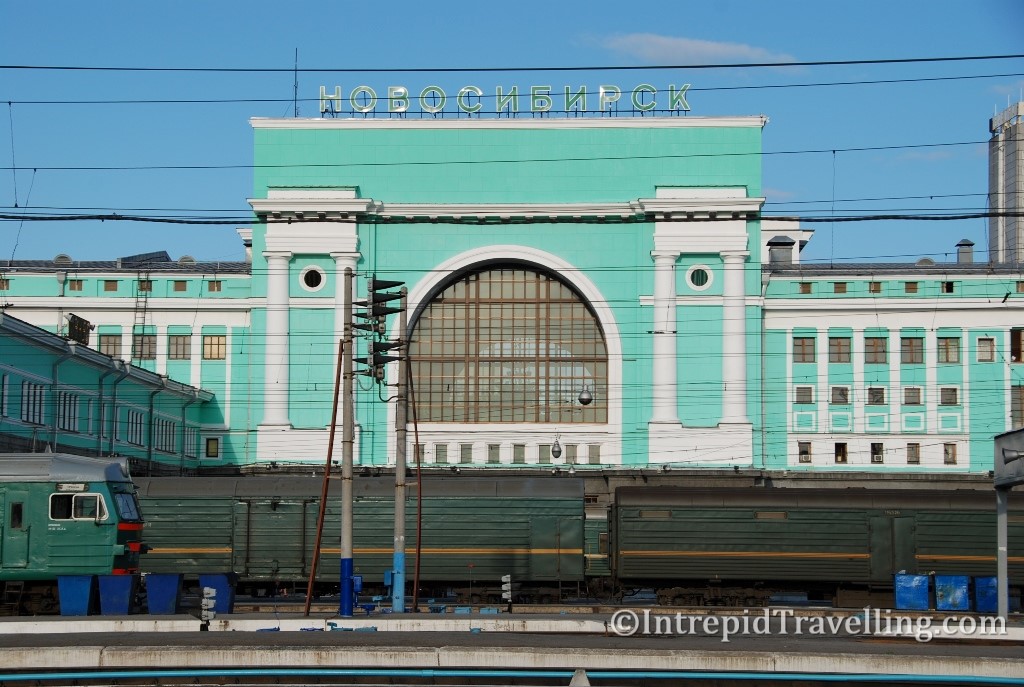
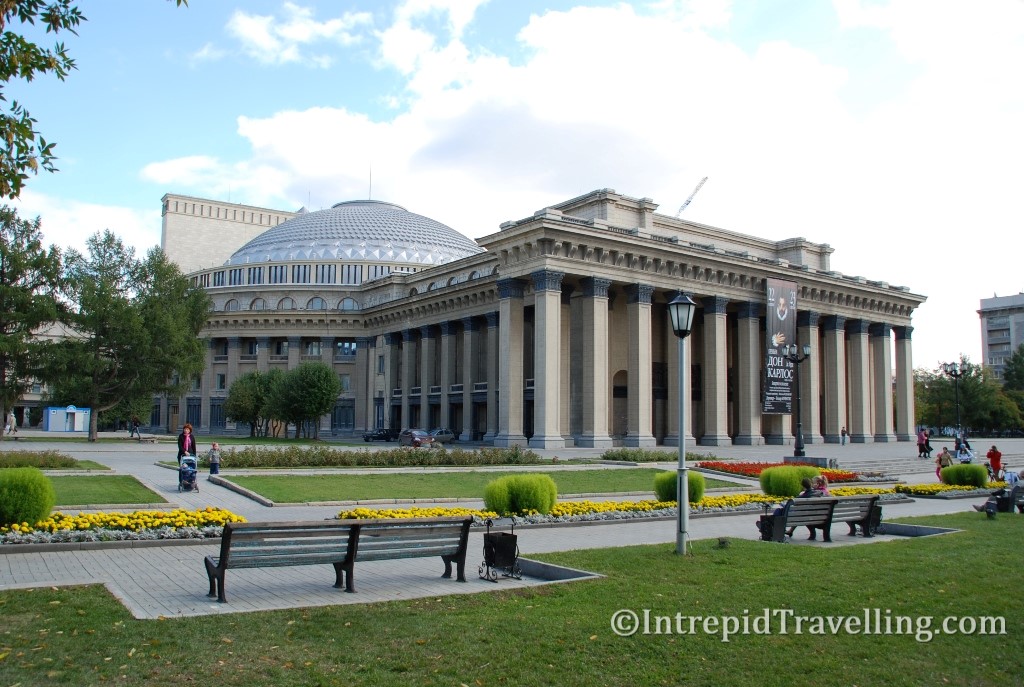
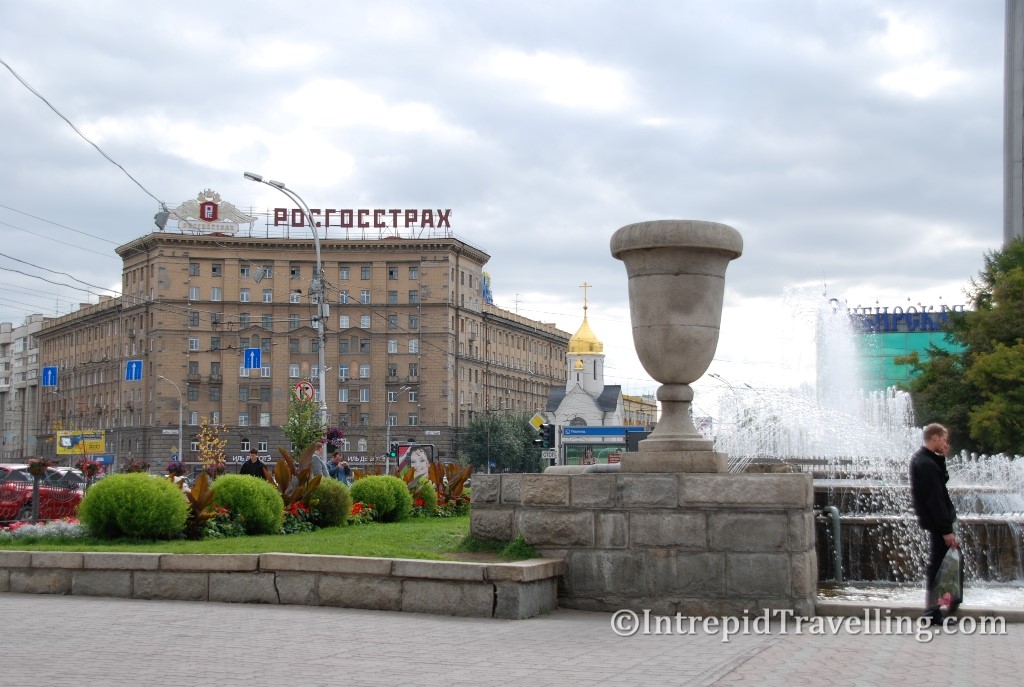
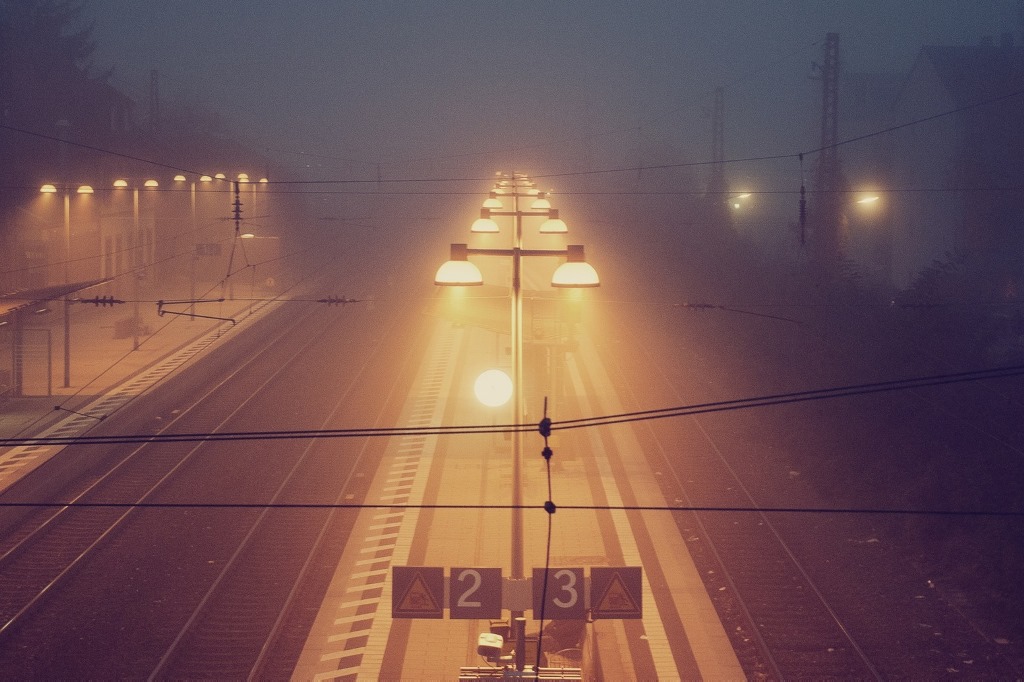
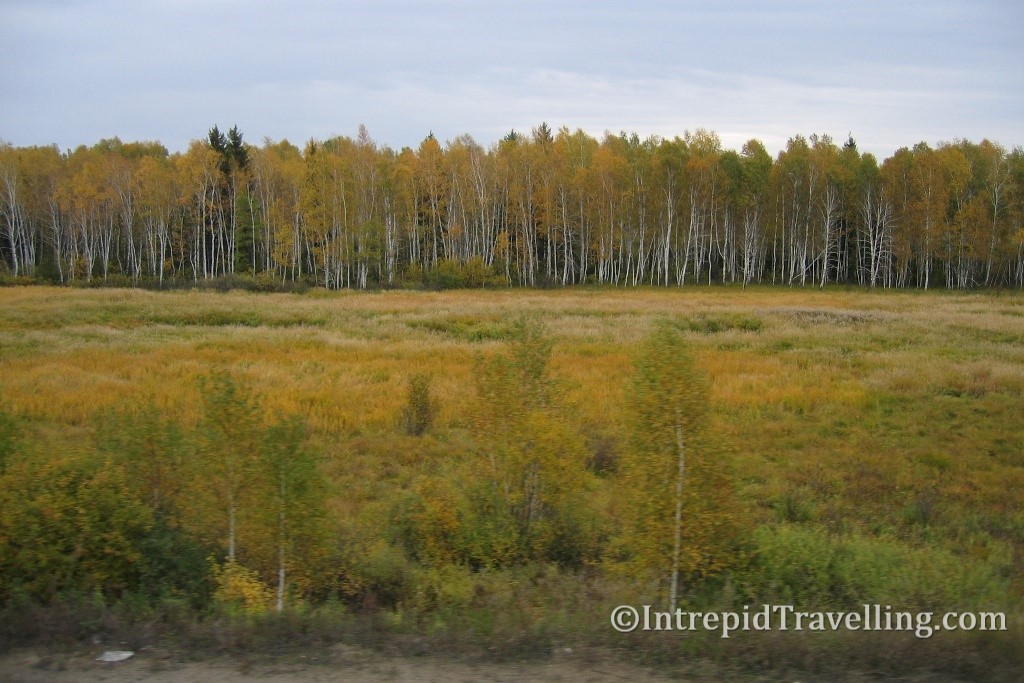
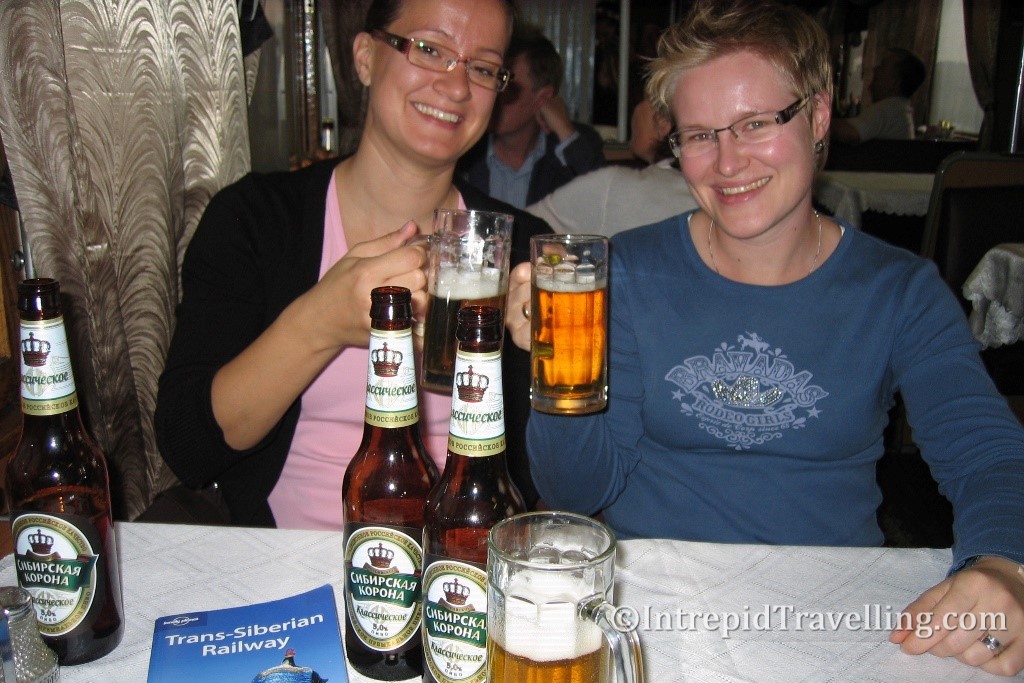
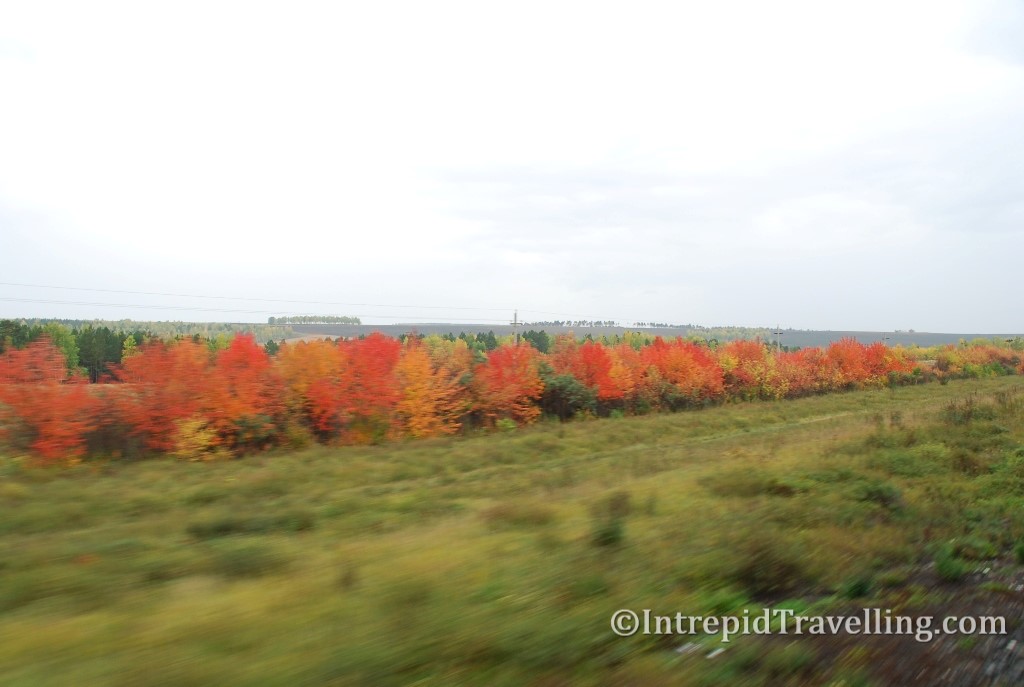
We eventually arrived into the Siberian town of Irkutsk, near one of the wonders of the natural world - Lake Baikal – where I stopped for a few nights to explore the world’s oldest, deepest and largest freshwater lake (by volume). Read here about my time exploring Lake Baikal and Olkhon Island.
Trans-Mongolian adventure synopsis (Moscow to Beijing);
- Trains taken: 4
- Hours of traveling: 146
- Nights on the train: 6
- Distance covered: 7,865km (9,316km if Warsaw to Moscow added)
- Degrees of Longitude crossed: 80
- Cost of tickets: $500 USD (much less than using a Russian ticket agent)




